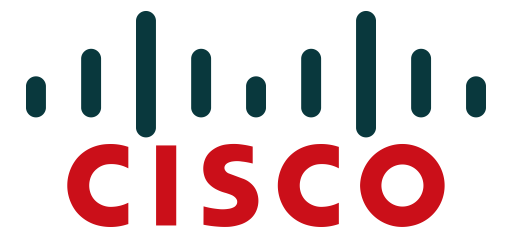Cisco Collaboration Training (CLFNDU v1.1)

What Will You Learn?
- In this course, you will learn how to:
- Define collaboration and describe the main purpose of critical devices in a Cisco collaboration on-premise, hybrid, and cloud deployment model
- Configure and modify required parameters in Cisco Unified Communications Manager (CM), including service activation, enterprise parameters, CM groups, time settings, and device pool
- Deploy and troubleshoot IP phones via auto registration and manual configuration within Cisco Unified CM.
- Describe a SIP device's call setup and teardown process, including codec negotiation using Session Description Protocol (SDP) and media channel setup.
- Manage Cisco Unified CM user accounts (local and via Lightweight Directory Access Protocol [LDAP]), including the role/group, service profile, UC service, and credential policy
- Configure dial plan elements within a single site Cisco Unified CM deployment, including Route Groups, Local Route Groups, Route Lists, Route Patterns, Translation Patterns, Transforms, SIP Trunks, and SIP Route Patterns.
- Configure Class of Control on Cisco Unified CM to control which devices and lines have access to services
- Configure Cisco Unified CM for Cisco Jabber and implement common endpoint features, including call park, softkeys, shared lines, and pickup groups
- Deploy a simple SIP dial plan on a Cisco Integrated Service Routers (ISR) gateway to enable access to the PSTN network.
- Manage Cisco UCM access to media resources available within Cisco UCM and Cisco ISR gateways.
- Describe tools for reporting and maintenance, including Unified Reports, Cisco Real-Time Monitoring Tool (RTMT), Disaster Recovery System (DRS), and Call Detail Records (CDRs) within Cisco Unified CM.
- Describe additional considerations for deploying video endpoints in Cisco Unified CM.
- Describe the integration of Cisco Unity® with Cisco Unified CM and the default call handler.
- Training Prerequisites
- This course is intended to be an entry-level course. There are no specific prerequisite Cisco courses; however, the following skills are required:
- Internet web browser usability knowledge and general computer usage
- Knowledge of Cisco Internetwork Operating System (Cisco IOS®) command line
- Certification Information
- This course does not lead directly to a certification exam, but it does cover foundational knowledge that can help you prepare for several professional-level collaboration courses and exams:
- Collaboration courses
- Collaboration exams
- Implementing and Operating Cisco Collaboration Core Technologies (CLCOR)
- 350-801 Implementing Cisco Collaboration Core Technologies (CLCOR)
- Implementing Cisco Collaboration Applications (CLICA)
- 300-810 Implementing Cisco Collaboration Applications (CLICA)
- Implementing Cisco Advanced Call Control and Mobility Services (CLACCM)
- 300-815 Implementing Cisco Advanced Call Control and Mobility Services (CLACCM)
- Implementing Cisco Collaboration Cloud and Edge Solutions (CLCEI)
- 300-820 Implementing Cisco Collaboration Cloud and Edge Solutions (CLCEI)
- Implementing Automation for Cisco Collaboration Solutions (CLAUI)
- 300-835 Implementing Automation for Cisco Collaboration Solutions (CLAUI)